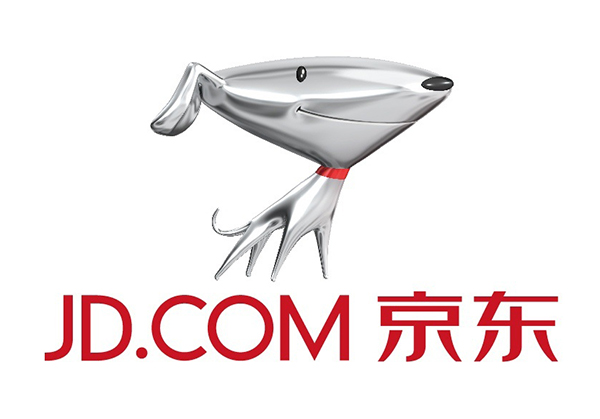How do you go about selling your products online directly to China’s consumers? Do you setup your own online store or plug into the existing China’s ecommerce ecosystem? In this post, I will attempt to shed some light on the available choices.
As of now, China’s e-commerce sector is more than three times the size of the US market, which currently ranks distant second.
China has has been the largest ecommerce economy in the world since 2015. In 2019, it reached 1.94 trillion USD, representing an addition of 27% year over year and a quarter of China’s total retail sales volume.
Currently, the majority of Chinese are online shoppers which representing about 60% of China’s internet user base. When we compare this figure to US, where 88% of internet users shop online, it is evident why China still has plenty of room to grow in absolute terms. Needless to say, that the sooner your company taps into this vast market, the better off it will be.
Now, to the more practical aspect of China’s ecommerce. Generally speaking, there are two choices of selling online: opening a virtual store in one of the large online stores, or setting up your own internet store as an extension of your main website or as a stand alone site.
Plugging into China’s existing ecommerce ecosystem
The largest C2C ecommerce site in China is Taobao.com which as an equivalent to Ebay. Although, it is an entire universe in and of itself, selling on Taobao is more suitable to small retailers or individuals. It is a very competitive space and is notorious for fakes and pirated stuff. If your goal is building a trustworthy brand image you should stay away from Taobao.
Luckily, there is an alternative from the same Alibaba group that owns Taobao, called Tmall. The company goes to great extend to make sure that the product sold on Tmall are genuine. Sellers on that site have to abide by strict procedures which are even tougher for overseas companies. Read our earlier post for more details on how to establish a Tmall store and whether it’s a good fit for you. While Tmall holds about 50% of B2C ecommerce market in China, Jingdong Mall (JD.com) is the second in size at about 22% market share as of 2013. The idea is similar to Tmall – Jingdong Mall is for branded products only and you will be expected to prove that you either own the brand or are authorized to sell it.There are a few more such “online shopping malls” in China: Suning that focuses mostly on electronics and Amazon.cn – scaled down Chinese version of Amazon.com.
The pros of working with the existing ecommerce site can be summarized as follows:
- Traffic that goes through those sites is enormous and you are almost guaranteed to get some of it;
- Setup is not very complex, although it could be a bit tricky for a non-Chinese company. If everything is done right, your store can be up and running within 2-3 weeks;
- You can also benefit from marketing programs within the platform, although it would cost extra;
Of course, there are some cons too:
- It isn’t cheap. There are setup and running costs and a deposit, in case you are found in violation of the terms of the agreement (by selling counterfeited products for example). I discuss the cost of setting up Tmall store in more details here;
- Fierce competition from other sellers, pretty much like what you have in a traditional brick and mortar shopping mall but with more ads from every direction;
- Limited opportunity for differentiation by expressing your unique style or brand experience;
Setting up a stand alone online store
If you have a technical expertise to setup your own functional internet store than this could be an alternative route for your Chinese ecommerce strategy.
The obvious advantages of that approach are:
- You are in full control of your own store as there is no need to comply with anyone’s policies;
- Your store can provide a unique brand experience for a shopper that may not be available in Tmall or JD.com;
- There is no commissions on your sales to a 3rd party and no maintenance fees;
Disadvantages of building your own store could be as follows:
- You don’t benefit from the online mall’s traffic and acquiring it through marketing campaigns may become more expensive than paying to Tmall or JD.com for their marketing programs;
- Building your customers’ trust takes time. In the existing online mall like Tmall, trust level is high – shoppers know what to expect, fairly familiar with how it works and are quite sure that they’ll get what they pay for (and if they don’t there is proven recourse). Your customers have to be just as confident that they won’t be ripped off;
- The technical challenges can be substantial: you have to have the right payment system such as Alipay, Tenpay or Baidu wallet setup; take care of all the technical challenges related to traffic and transactions; having live support through chat; manage inventories; get a delivery system in place, just to mention a few.
As most of the examples show, and considering your marketing budget allows that, the best strategy is the combination of both approaches. Setting up Tmall or JD store for building brand recognition and attracting new customers in addition to having your own internet store for more immersive brand experience targeted at existing customers and brand followers.






